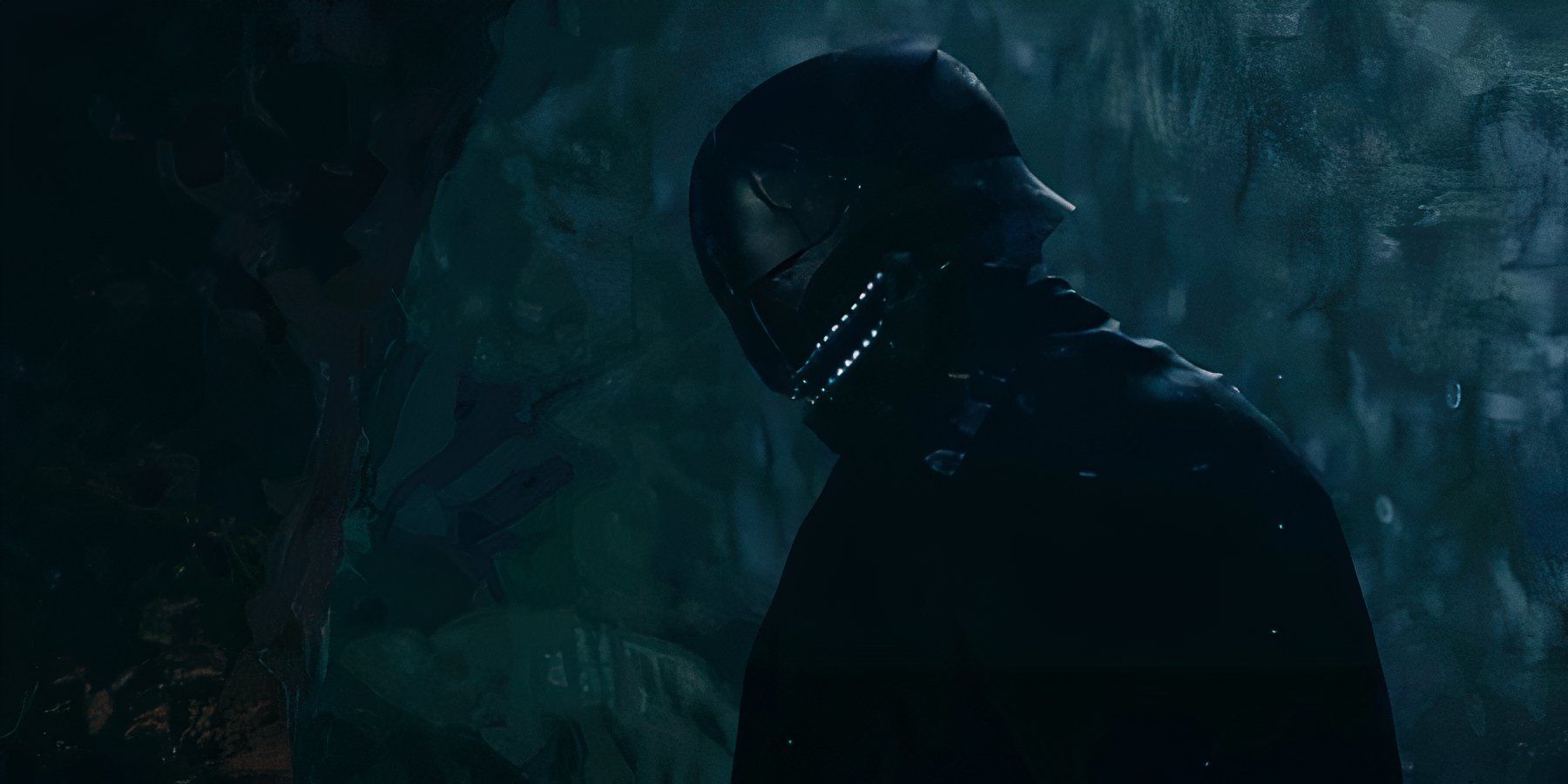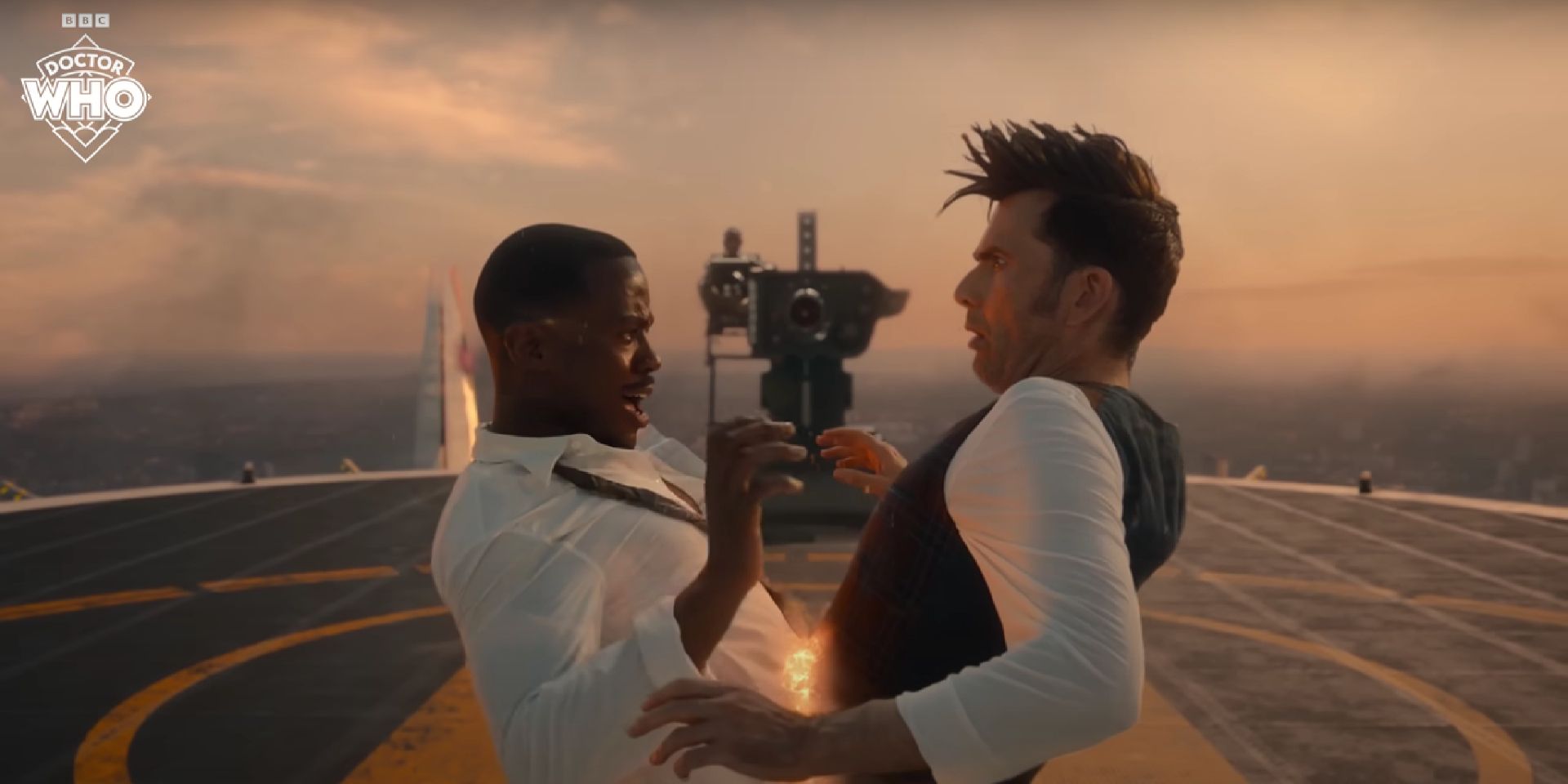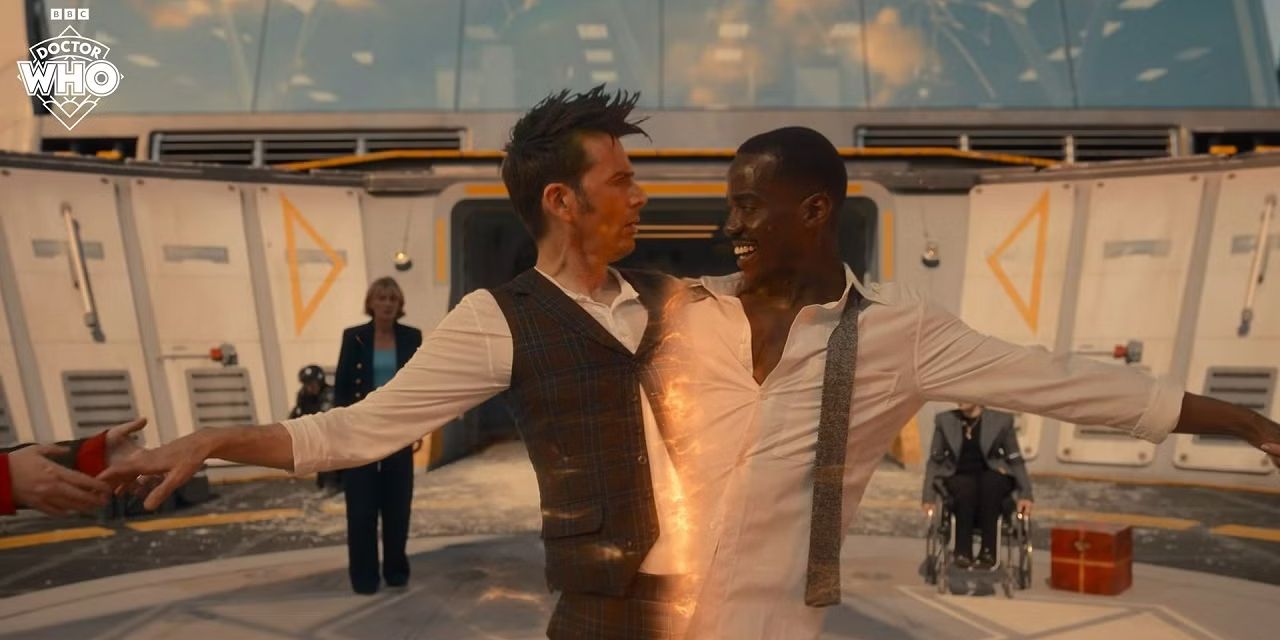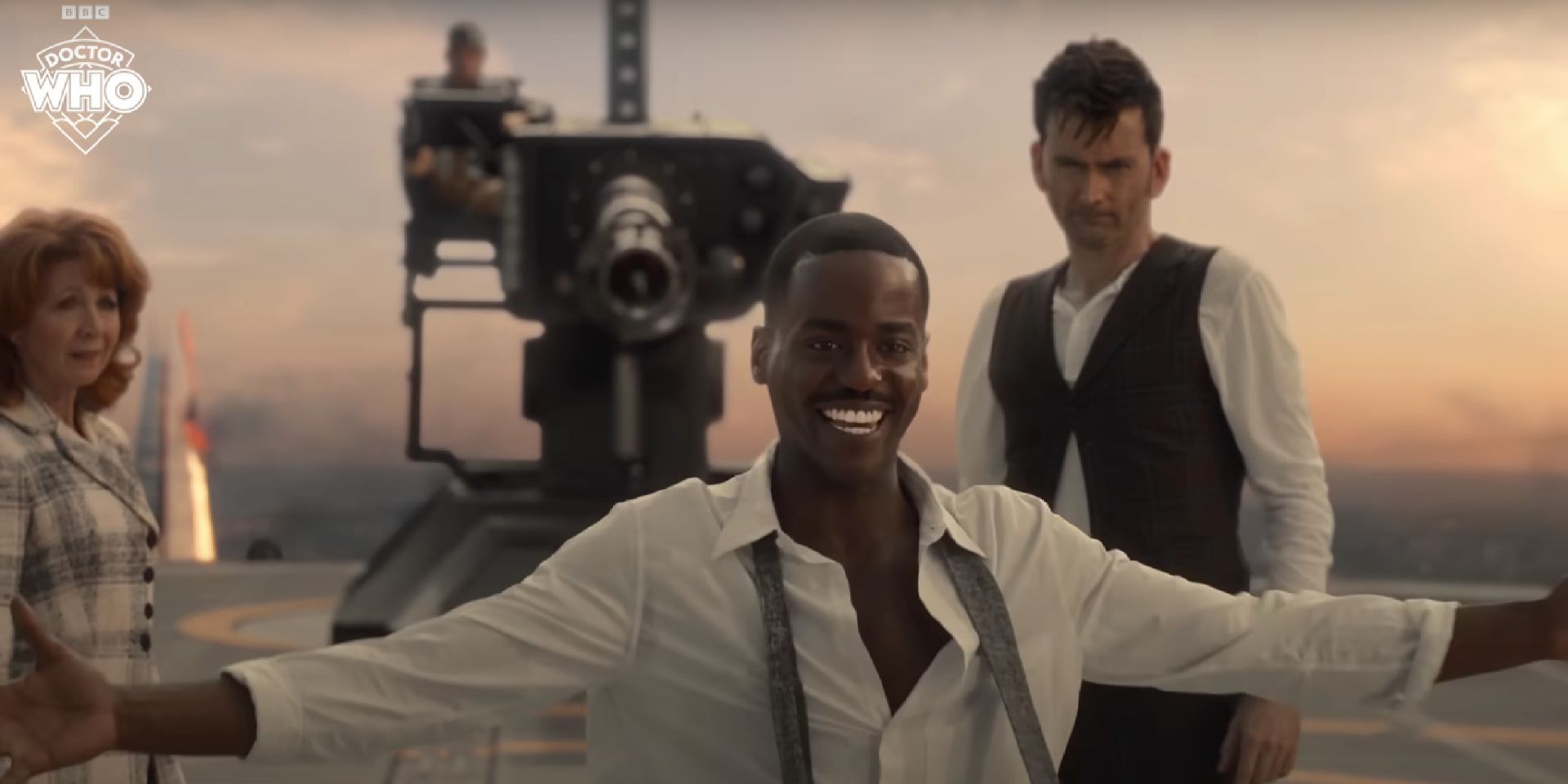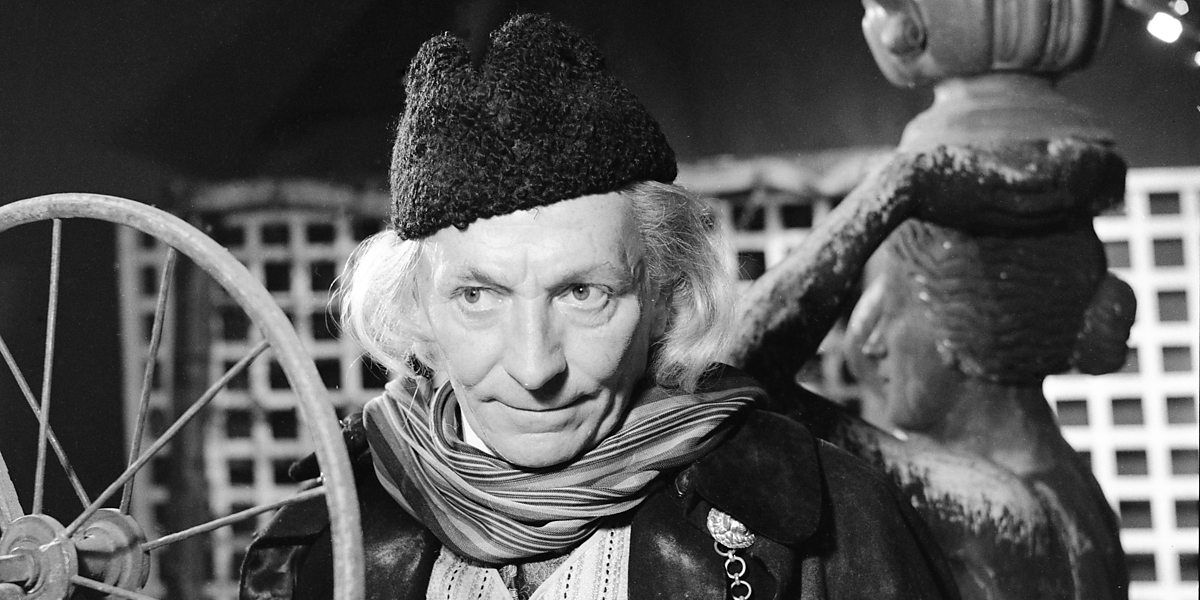Highlights
- "The Giggle" showcases the myth-breaking concept of bigeneration, where the Doctor splits into two individuals.
- The Doctor's invitation of the Toymaker into his world through a game opens up the power of myth and reality manipulation, allowing for this to occur.
- Bigeneration not only adds a new twist to Doctor Who lore, but also symbolizes the show's ability to surprise and push new boundaries even after 60 years.
In the last of the Doctor Who 60th Anniversary specials, "The Giggle," audiences were in for one mind-bending revelation after another. They saw the much-anticipated return of the Toymaker, a villain who hasn't appeared since the First Doctor's era. They witnessed the return of a long-gone companion from the classic show, Melanie Brooks. And finally, they saw Ncuti Gatwa finally appear as the Fifteenth Doctor — which he did under unprecedented circumstances.
When the Toymaker shoots the Fourteenth Doctor in the chest, intending to force him to regenerate, he does exactly that — but not in a way that the audience, the Toymaker, or indeed the Doctor anticipated. Instead of taking on a new face, he splits into two individuals: the Fourteenth and Fifteenth Doctors (David Tennant and Ncuti Gatwa, respectively). The Doctor refers to this as "bigeneration," remarking that it was supposed to be a myth. It left fans everywhere scratching their heads, as a completely new addition to the franchise's lore. What allowed bigeneration to happen, and what does it mean for the future of the franchise?
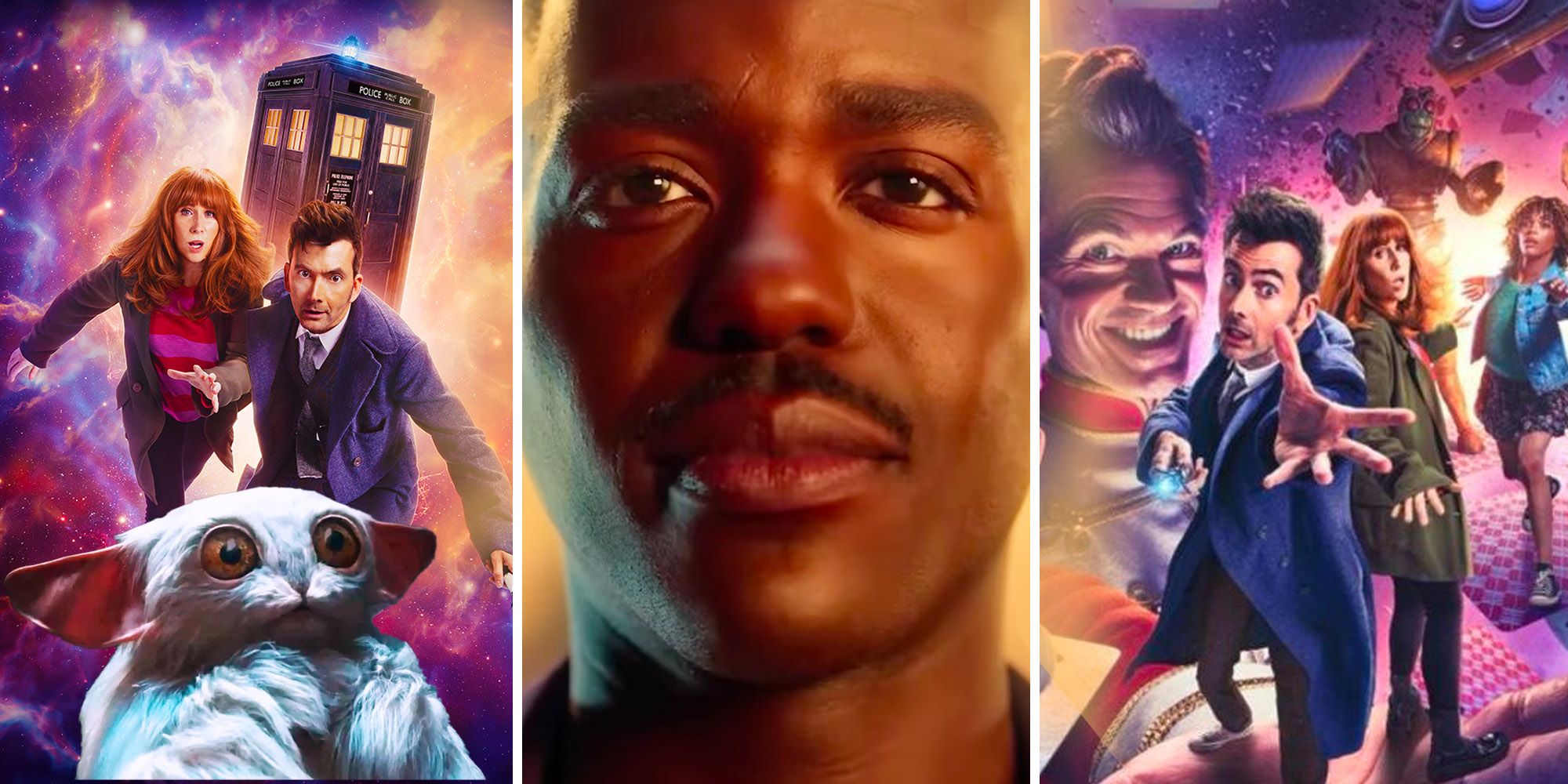
Doctor Who: What Are The 60th Anniversary Specials & How To Watch Them In The U.S.?
Looking for how to watch the Doctor Who 60th Anniversary Specials? This is everything American fans need to know to get their fill!
Why Did The Doctor Bigenerate?
Episode Title | "The Giggle" |
|---|---|
Directed By | Chanya Button |
Written By | Russell T. Davies |
Cast |
|
Air Date | December 9, 2023 |
According to the Doctor, bigeneration is a myth. It isn't supposed to be possible. But as Fourteen himself states, he invited the Toymaker into our world by invoking a superstition, when he tried to use salt to stop the Not-Things in the previous episode:
I cast that salt at the edge of the universe. I played a game and let him in.
By creating a game world, the Doctor invited the Toymaker into his own universe. In that game world, the Toymaker has power over reality, bending it to his will. But remember: cheating is the one thing that the Toymaker can't do. For the game to be fair, he and his opponent need to be on equal footing. With that in mind, it only makes sense that the Doctor has some tricks up his own sleeve — even if he doesn't know it at first. Because of the way he summoned the Toymaker (even if it was unintentional), the game world that the Doctor opened gives him power over myth.
In "Wild Blue Yonder," it initially appeared that the Doctor had failed in his attempt to make reality out of superstition. The salt didn't stop the Not-Things. But after he defeats the Toymaker, Kate's final line makes it clear that the Doctor's gambit did, in fact, have some effect on reality in the end. Salt can, in fact, contain evil. Kate hands the box containing what's left of the Toymaker to one of her soldiers, ordering:
Take it to the deepest vault and bind it in salt.
The Doctor began the game by turning myth into reality. He ended the game in the same way: by realizing the myth of bigeneration.
What Does Bigeneration Mean For Doctor Who?
Whenever new concepts are introduced in Doctor Who lore, there is inevitable backlash from the fanbase. Even in a show about change, something so unprecedented is going to ruffle feathers. But even if there's no precedent for it, that doesn't mean bigeneration is nonsensical.
The Doctor is the Timeless Child, the origin of regeneration. If they themselves didn't know that bigeneration was possible, the Time Lords wouldn't have either, and thus wouldn't have been able to learn the secret. If this was the first time the Doctor bigenerated, it would naturally follow that it is the first time any Time Lord bigenerated. It's also possible that the Doctor had bigenerated in one of their previous cycles, but the Time Lords of Gallifrey were unable to replicate it, thus giving rise to the myth.
It's possible that bigeneration is a heretofore unknown power of the Timeless Child, or that it was made possible by the Toymaker's game world. But regardless of the in-universe explanations, bigeneration is also symbolic of larger themes in the franchise. It goes back to Doctor Who's roots, in a fitting celebration for the show's 60th anniversary.
When the First Doctor regenerated, nobody had seen anything like it before. No television show had ever replaced its lead character in such a way. To this day, the concept is more or less unique to Doctor Who. It's part of what makes the show iconic, and an intrinsic aspect of its longevity. Over time, though, it became expected. Fans of the show know that the Doctor regenerates, and they know how it happens. They experience fatal damage, they are consumed by energy, and a new face appears. That's how it has happened for years, and that's the formula fans came to expect.
Bigeneration, though, is something new. Nobody, not even long-time fans, anticipated this direction. The concept was fascinating, and the scene itself was exhilarating to watch. It was mind-blowing, exciting, and completely unexpected, just like the First Doctor's regeneration was in 1966.
Even after 60 years, Doctor Who still has the capacity to surprise audiences. The Doctor's bigeneration shows that even when it gives fans what they want to see — the return of Tennant, justice for Donna Noble — Doctor Who is also not afraid to continue pushing new boundaries. It's still about change and new ideas, exploring the mysteries of the universe as they arise. As the Fifteenth Doctor flies off in the TARDIS, he's full of energy and eager to pursue those mysteries. With everything he has shown in the anniversary specials, including bigeneration, Russel T. Davies has promised fans an exciting ride that will be anything but predictable.
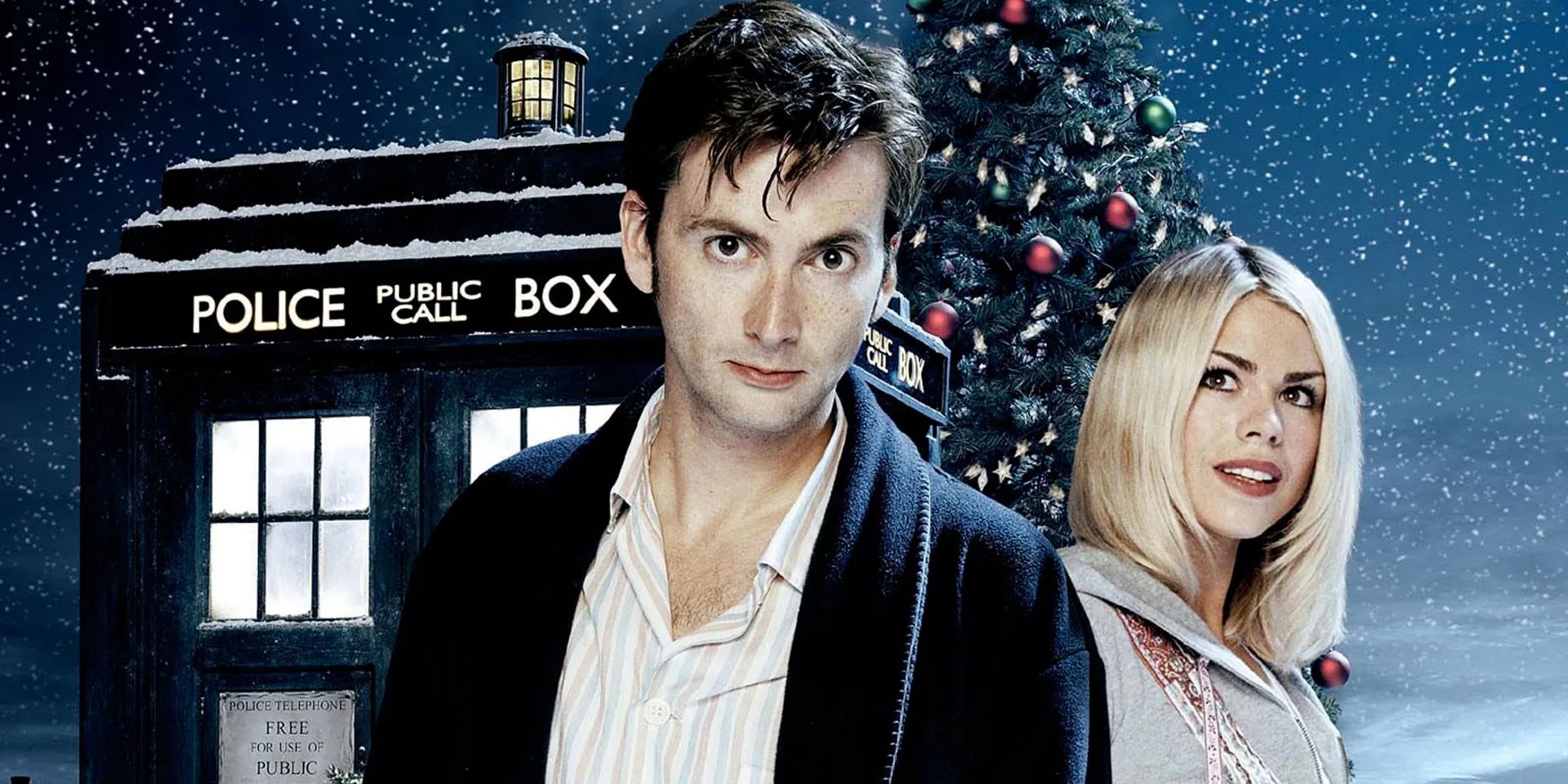
Doctor Who: Why the Tenth Doctor's Introduction is Perfect
More than just a Christmas special, "The Christmas Invasion" also tells the audience everything they need to know about David Tennant's Doctor.

